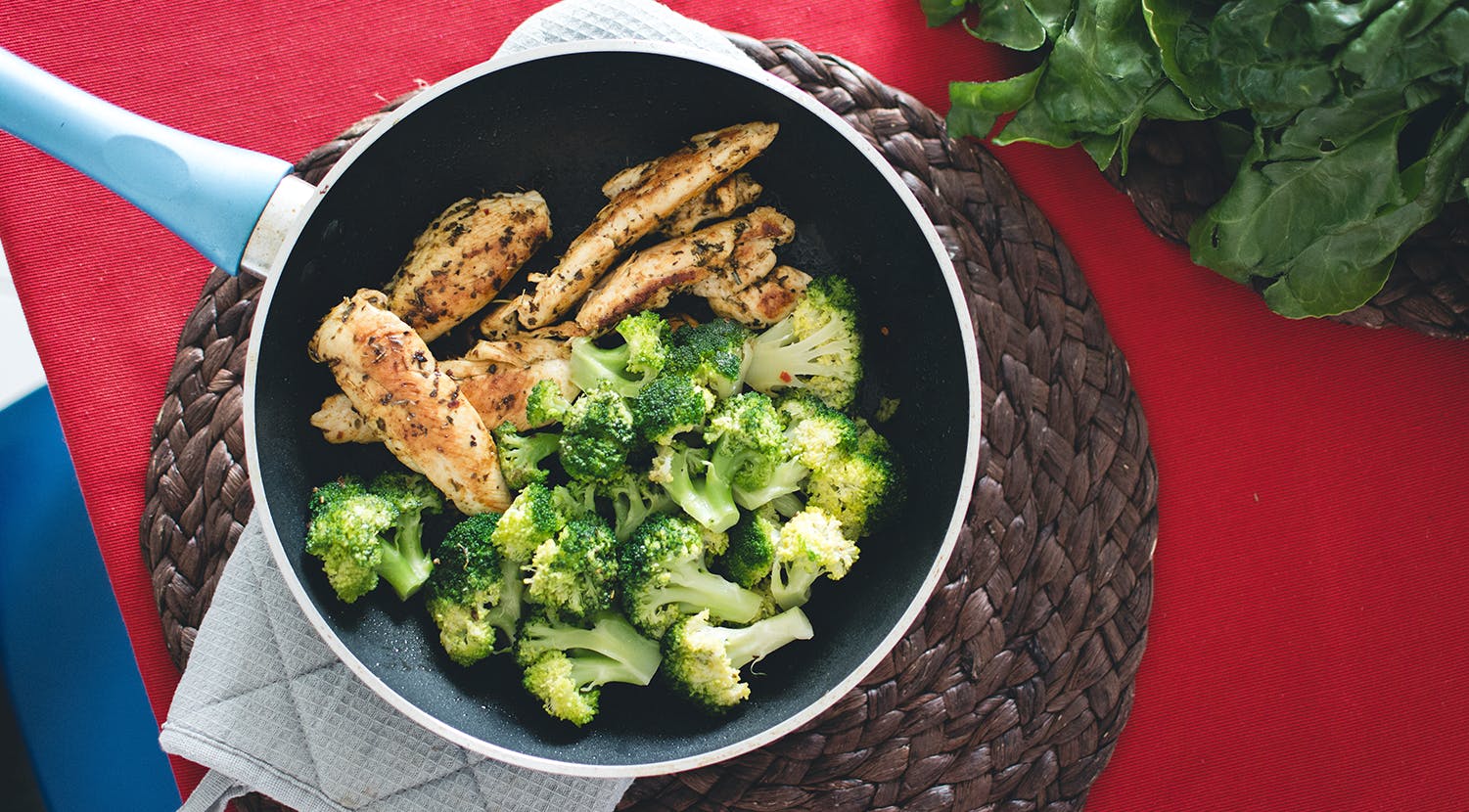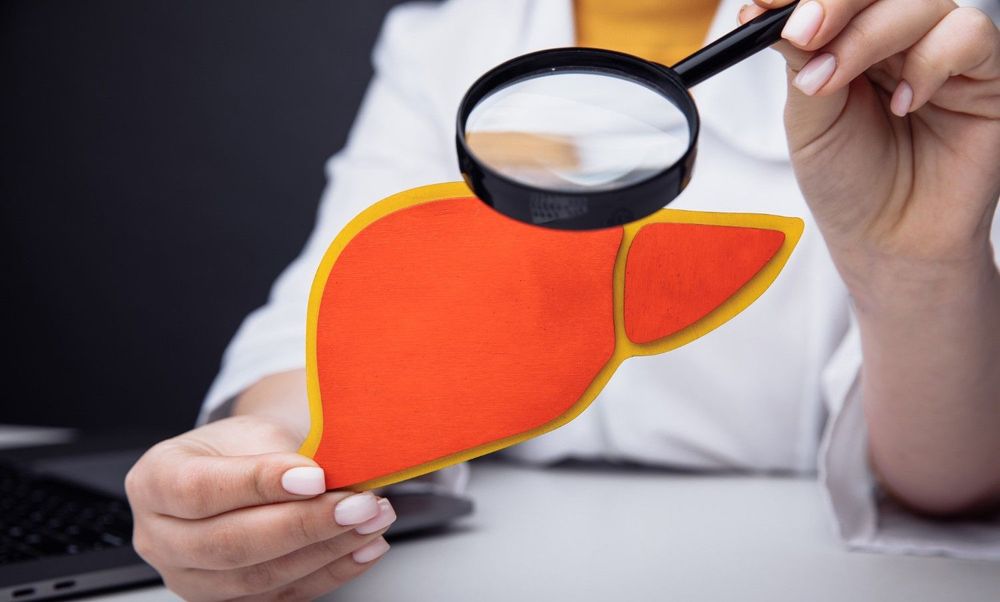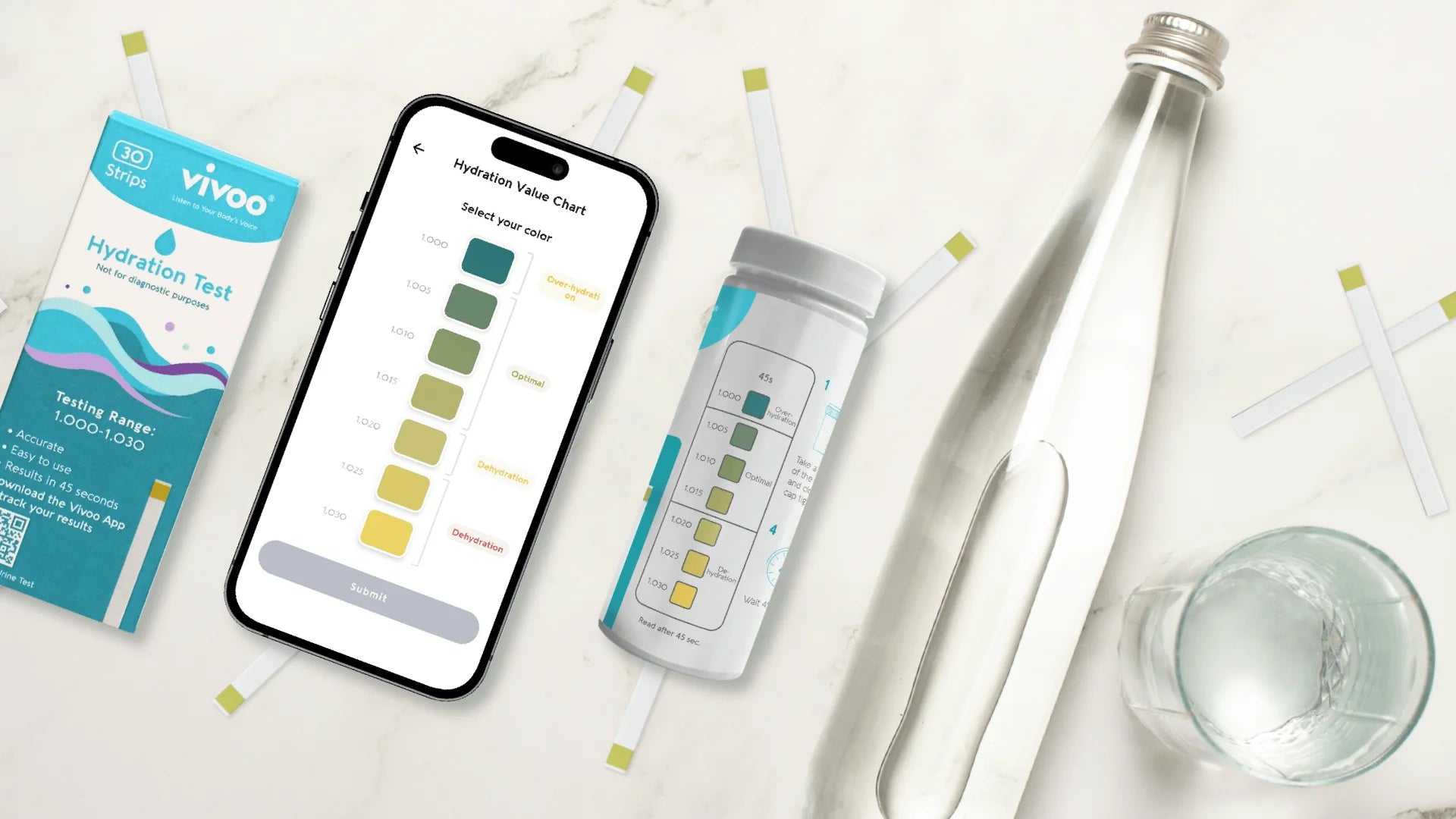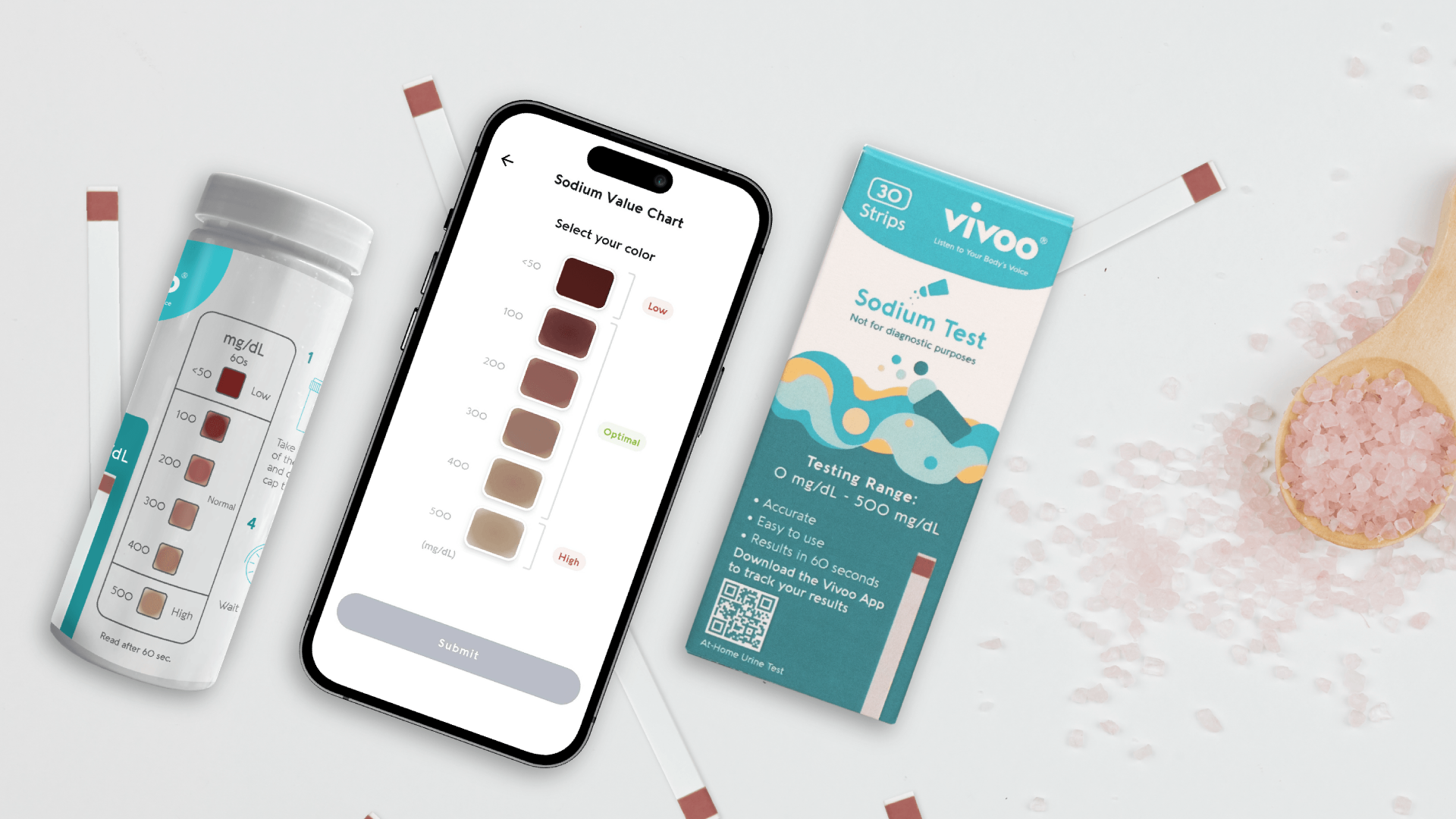The liver is one of the largest organs in the body, located in the upper right part of the abdominal cavity. The liver performs many vital bodily functions, including storing fat, sugar, vitamins, and minerals, producing blood coagulation factors, enzyme and protein synthesis, and removing alcohol, drugs, and toxic substances from the body. Thus, having a healthy liver is essential for optimal health.
Nutrition enables cells, tissues, organs, and the whole body to receive the energy and nutrients necessary for survival. So, it isn't a surprise to learn that many liver disorders stem from poor nutrition (i.e., eating an imbalanced diet). More specifically, unhealthy eating habits could damage the liver and cause fatigue.
Thankfully, various lifestyle habits have shown the potential to protect and improve liver health. Examples include avoiding alcohol, cigarettes, and unnecessary drug use, exercising regularly, lowering stress levels, having regular health checks, and eating a healthy diet. Bottom line: taking care of your liver health is crucial to leading a healthy life.
Importance of Liver
The main task of the liver is to process nutrients taken through the blood. In addition to that, though, the liver also performs hundreds of other functions in the human body, like:
- Making ingested food usable by the body
- Breaking down food molecules so they can be used and stored in the body
- Transporting food molecules to other cells in the body (through the blood)
- Transforming waste products to the kidneys for removal
- Regulating vitamin, fat, protein, and sugar metabolism
Liver Diseases
Damage to the liver, which plays many crucial roles in the body, could contribute to various diseases. However, the symptoms of these disorders may not manifest themselves at the initial stage. Regardless, you need to catch these diseases in their early stages – before they cause irreversible damage.
Overview
The liver has a unique capacity among organs to regenerate after sustaining damage (e.g., caused by various diseases). That said, the irreversible deterioration or the loss of liver functions can still occur owing to inherited abnormalities, excessive alcohol, and drug use, cancer, or infectious viruses that cause hepatitis (liver inflammation). Examples of the most common liver diseases include:
- Alcohol-induced fatty liver
- Non-alcoholic fatty liver disease
- Acute and chronic viral hepatitis
- Toxic hepatitis
- Liver cysts
- Cirrhosis

Symptoms
Although the symptoms may vary according to the condition, the most common symptoms of liver diseases include.
- Jaundice: It first starts in the whites of the eyes and then appears on the skin. This typically results from the accumulation of bilirubin in the skin that cannot be excreted with bile.
- Abdominal pain and swelling of the abdomen (accumulation of fluid called ascites)
- Edema of the Legs and Ankles (decreased albumin synthesis, hypoalbuminemia)
- Dark, Tea-Colored Urine: Increased (accumulated) bilirubin in the blood is excreted in the urine. This stains the urine red.
- Pale Stool Color: The substance that gives stool its color is bilirubin. When bilirubin cannot be excreted with bile, the color of the stool becomes lighter.
- Chronic Fatigue
- Nausea or Vomiting
- Loss of appetite
Detection of Liver Disease
Liver Function Tests are a group of biochemistry tests used to understand the health status of the liver. In addition to being used to diagnose liver diseases, they're also used in the follow-up of liver diseases (e.g., hepatitis). They help monitor a patient's response to treatment – and determine the prognosis of the disease. These tests are also used in cases where a patient takes drugs that are metabolized by the liver. The most commonly performed blood tests are:
- Serum Bilirubin
- Serum Albumin
- Serum Alkaline Phosphatase (ALP)
- Alanine Aminotransferase (ALT)
- Aspartate Aminotransferase (AST)
Liver disease can be detected by liver function tests, including urinalysis and blood tests. These tests measure protein or enzyme levels in the blood and/or urine to determine how well the liver functions by measuring bilirubin clearance, protein production, amongst other things.
What You Can Do / What Precautions You Can Take to Keep Your Liver Healthy
Protecting your liver health is key to lifespan and quality. One of the easiest ways to promote liver health is to be mindful of your daily nutritional choices. Avoiding alcohol is one of the most significant precautions to take. That's because regular alcohol consumption directly damages the liver, and damage that accumulates over the years can lead to liver cirrhosis or cancer development.
To protect liver health :
- Stop consuming alcohol.
- Since obesity will cause fatty liver, you should maintain your weight at a healthy range for your height. You'll have to make changes to your diet to lose weight — a Mediterranean type diet may be helpful. Reduce your intake of sugar-rich foods, fast food products, and foods containing saturated fat. Bread, desserts, rice, pasta, french fries, fatty sauces, fatty meats, and sugary drinks should also be avoided or consumed as little as possible.
- You should eat a nutrient-rich diet that does not contain excessive calories and is low in saturated and trans fats.
- Avoid eating foods with additives such as salami, sausage, fatty fries, ready-made fruit juices, and fast food.
- Exercise for 30 minutes a day for at least four days a week.

- If you have diabetes, insulin resistance, and cholesterol disease, the given diet and treatments should be followed.
- Unnecessary antibiotics, painkillers, and herbal treatments should not be used.
- Since viral hepatitis diseases are transmitted by blood and sexual intercourse, avoid using a common toothbrush and razor blade and having unprotected sexual intercourse.
Urine as an indicator of liver health
The body expels the by-products generated from the liver's breakdown of toxic chemicals via the bile or blood, where these substances then pass through the intestine and exit the body as feces. The kidneys also play a role in filtering out these by-products from blood, allowing them to pass out of the body in the form of urine.
So, if your liver is functioning well, it will remove the majority of bilirubin and urobilinogen (i.e., metabolic waste products) from your body. And the opposite holds. When your liver is injured, it will not be able to remove these substances from your body optimally – which means they could leak into your blood and urine. So, urinary bilirubin and urobilinogen levels are indicators of a possible decrease in liver function.
How does Vivoo measure and track liver function?
Urine is a significant health indicator for many diseases, including liver disease. The liver is also a secretory gland. The liver, known to possess regenerative abilities, performs many critical functions in the body. So, liver damage can result in various serious health problems.
Vivoo's liver parameter analyzes your urinary bilirubin levels. Elevated bilirubin levels may result from factors like anemia, cirrhosis, viral hepatitis, reaction to drugs and alcohol-related liver diseases, gallstones, plus conditions that cause decreased liver functions.
What Does Vivoo Measure?
Urine tests can measure urinary bilirubin levels. Bilirubin is a pigment present in bile, a yellowish chemical produced by the body during the natural breakdown of red blood cells. If your liver is functioning well, it will remove the majority of bilirubin from your body. And the opposite holds. When your liver is injured, it will not be able to remove bilirubin from your body optimally – which means the substance could leak into your blood and urine. So, urinary bilirubin level is an indicator of liver function.
In that sense, Vivoo helps you check on your liver health by measuring your urinary bilirubin levels. Better still: Vivoo also provides personalized lifestyle and nutritional advice (based on your results) to optimize your liver health.












